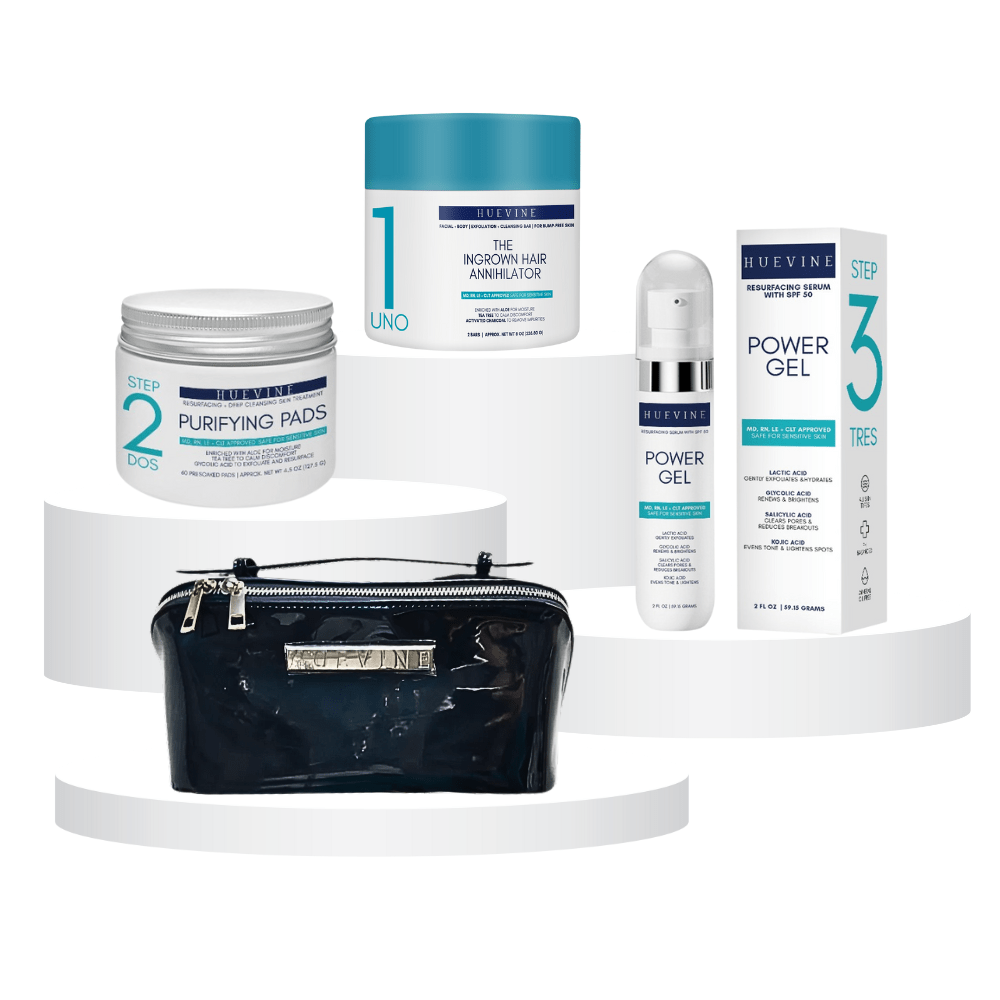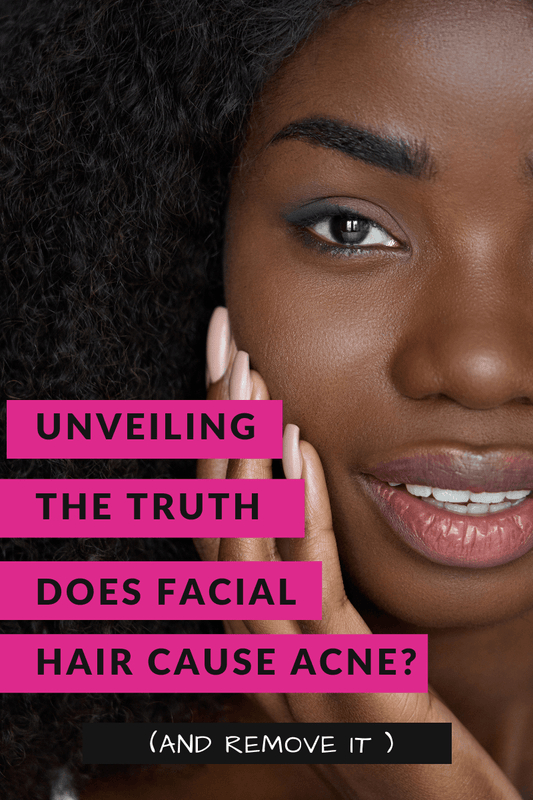How can I make sure that I'm not over-exfoliating my skin?
It's easy to get carried away with exfoliating your skin. In fact, it's all too easy to overdo it. But how can you be sure that you're not over-exfoliating? And what are the consequences of over-exfoliation? This article will answer those questions and more.
What is exfoliation?
Exfoliation is the process of removing dead skin cells from the surface of the skin. By removing these dead cells, you can get rid of blemishes, dark spots, and other signs of aging. Exfoliation can also improve your skin's tone and texture. There are two main types of exfoliation: mechanical and chemical.
Mechanical exfoliation involves scrubbing the skin with an abrasive material such as a scrub brush or a facial washcloth. This type of exfoliation is effective for removing dry skin cells, but it can also cause irritation and redness.
Chemical exfoliation involves applying an acid to the skin in order to dissolve the bonds that hold the dead skin cells together. This type of exfoliation is gentler than mechanical exfoliation, but it can be more difficult to control.
Exfoliating once or twice a week is generally enough to improve your skin's texture and tone. Over-exfoliation occurs when you exfoliate too often or when you use too much force during scrubbing.
You may also want to consider using a chemical peel instead of over-exfoliating. Chemical peels use fruit acids and other chemicals in order to remove dead skin cells and stimulate collagen production.
What is over-exfoliation?
What is over-exfoliation? Over-exfoliation occurs when the skin is exfoliated too frequently or with too great a force. This can lead to various negative outcomes, including redness, irritation, increased photosensitivity, and infection. There are some good reasons for over-exfoliating: it removes dry skin cells and leaves the skin feeling smooth and soft. However, there can be a number of negative outcomes from over-exfoliating. These include: * Premature aging
Most people want to avoid premature ageing, which is why they use anti-ageing products such as Olay Pro X Wrinkle Smoothing Cream . Excessive exfoliation can lead to fine lines, wrinkles, sun damage, and skin cancer. Similarly, removing too many skin cells can strip the skin of vital oils and nutrients that keep it healthy and young-looking.
Exfoliating your skin has many benefits, including:
- Removing dead skin cells can clog pores, causing blackheads and/or the exacerbation of acne. Helping skin appear more youthful by removing aged or scarred skin layers. Removing excessive oil that builds upon the face throughout the day Exfoliating is typically done in one of two ways: using an exfoliator cream or using a tool such as
- Revealing a brighter, more radiant complexion . By using an exfoliator cream, the process is easy. Simply apply a pea-sized amount after cleansing to your face, being sure to avoid the eye area. You can also try adding in some facial masks (home or store-bought) for added moisture and extra brightening benefits.
- After applying your favorite skincare products, you can massage the cream gently all over your face for about two minutes. Rinse with warm water and pat dry. The use of a tool such as a home-based microdermabrasion kit is an effective way to remove impurities and dead skin cells. These kits can be found at most department stores, drugstores, and online retailers for a reasonable price.
- Reducing the appearance of pores and removing dead skin cells is a process that typically takes about three months of daily use, and can provide results comparable to professional microdermabrasion treatments. A chemical-free home exfoliating treatment is using an enzymatic mask such as those from Smooth 'n' Glow Skincare. Follow the directions on the bottle.
- Preventing ingrown hairs caused by shaving is another benefit of exfoliating. In addition to a cleanser, you can try using a scrub prior to shaving for a closer, smoother shave and less chance of ingrown hairs.
- Preventing blackheads and acne breakouts is another benefit of regular exfoliation. The process removes excess dirt and oil that causes blackheads, along with the top layer of dead skin cells which can clog pores.
- Improve dryness by keeping your skin moisturized. Exfoliating also helps ensure that rejuvenating ingredients are able to penetrate deeper into your skin layers for maximum hydration
Here are a few tips for avoiding over-exfoliation:
- Exfoliate once or twice a week, using gentle motions.
- Avoid using harsh scrubbing motions, which can cause irritation and redness.
- Use a chemical peel instead of over-exfoliating. Chemical peels use fruit acids and other chemicals in order to remove dead skin cells and stimulate collagen production.
- If you experience any signs of over-exfoliation, such as redness, irritation, or sunburn, stop exfoliating immediately and seek medical advice.
Over-exfoliation is the term used when you exfoliate too often or use too much force during scrubbing. It can cause redness, irritation, and sunburn. Exfoliating your skin has many benefits, including removing dead skin cells, revealing a brighter complexion, reducing the appearance of pores and scars, preventing ingrown hairs and blackheads, and preventing acne breakouts. You can reduce the risk of over-exfoliation by exfoliating once or twice a week using gentle motions. If you experience any signs of over-exfoliation, stop exfoliating immediately and seek medical advice.




